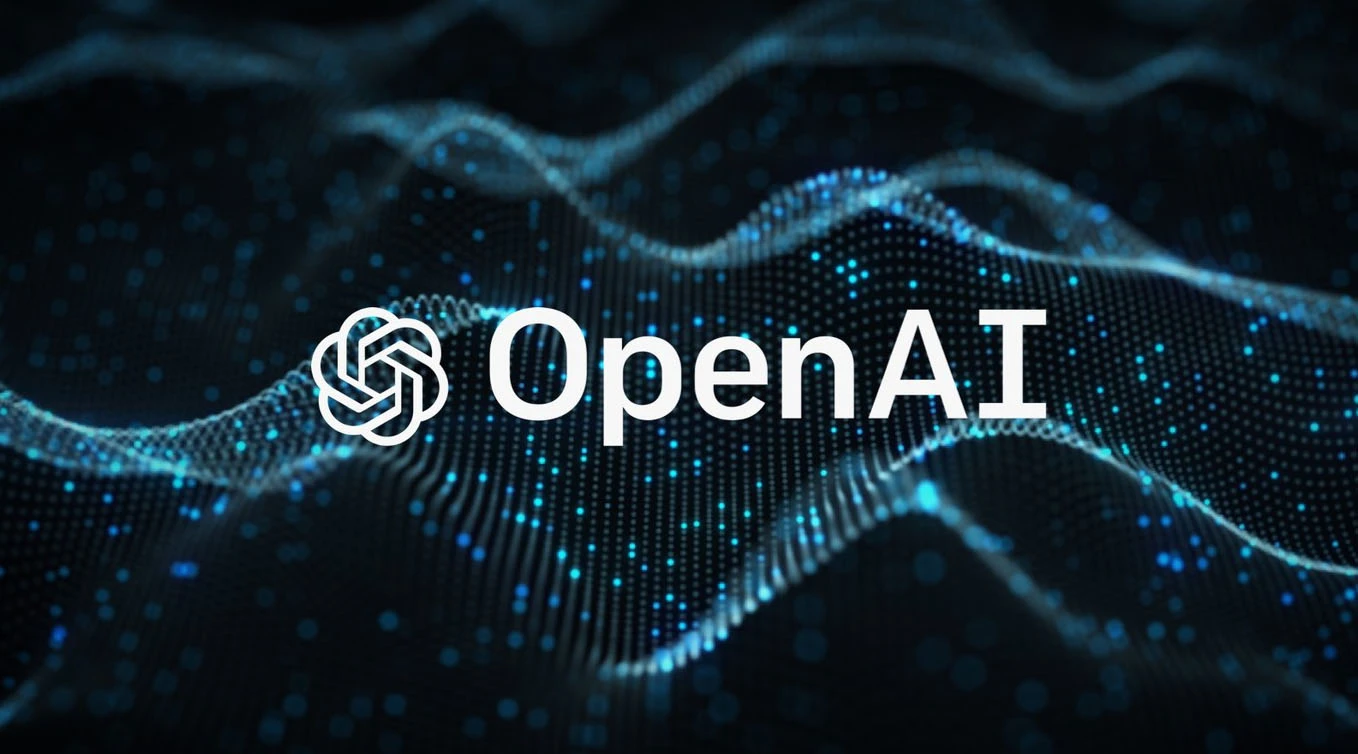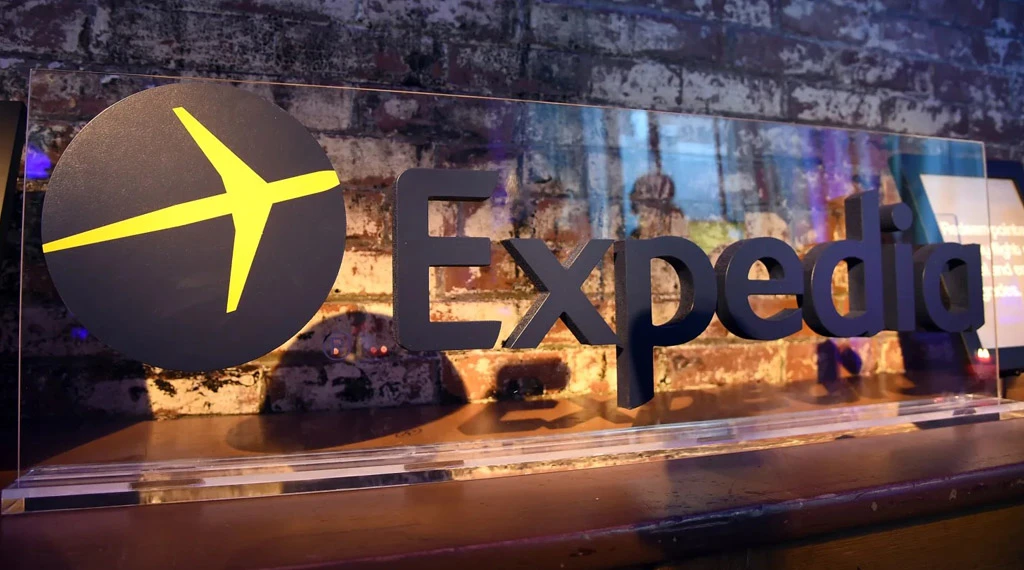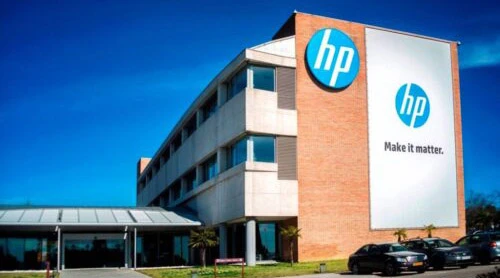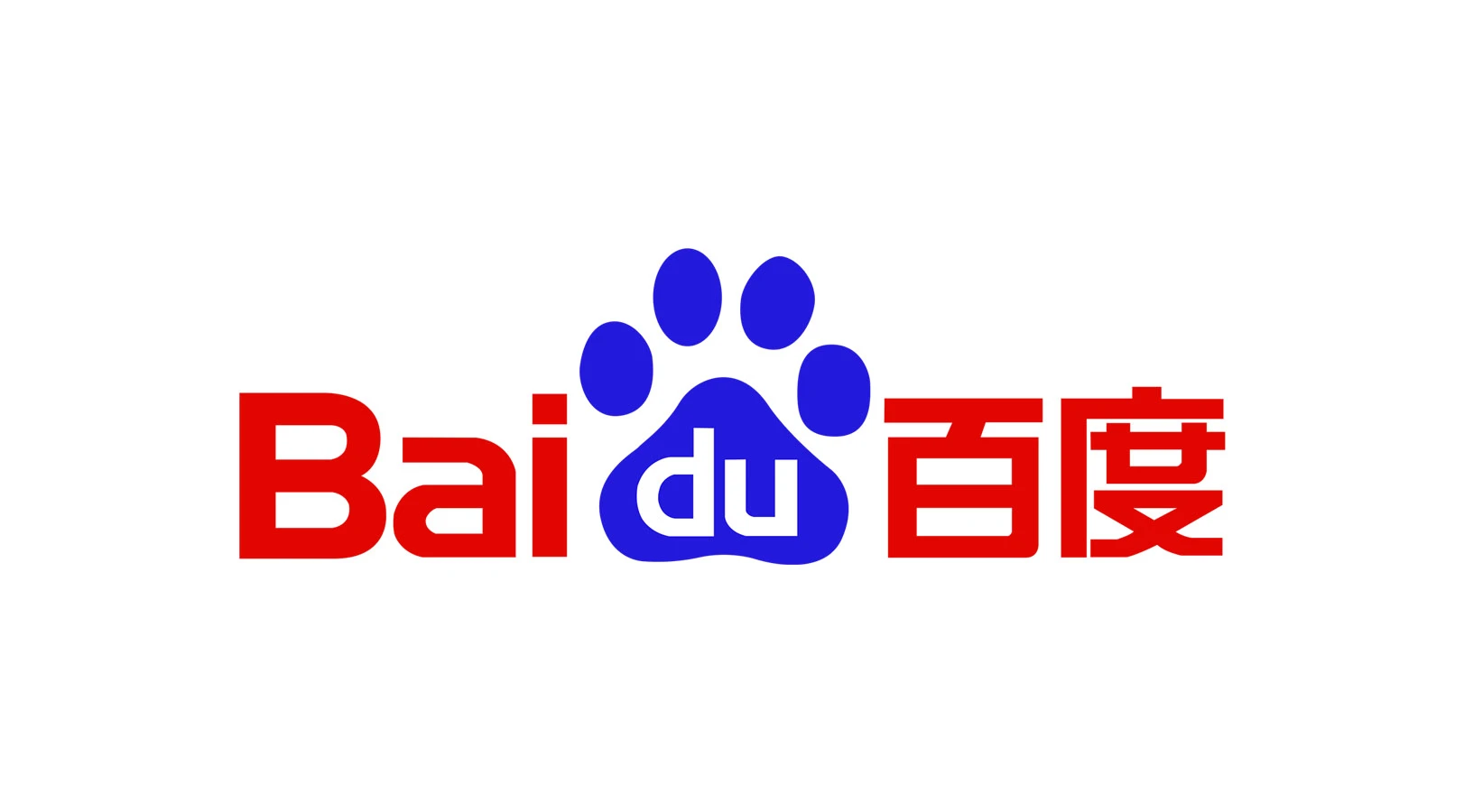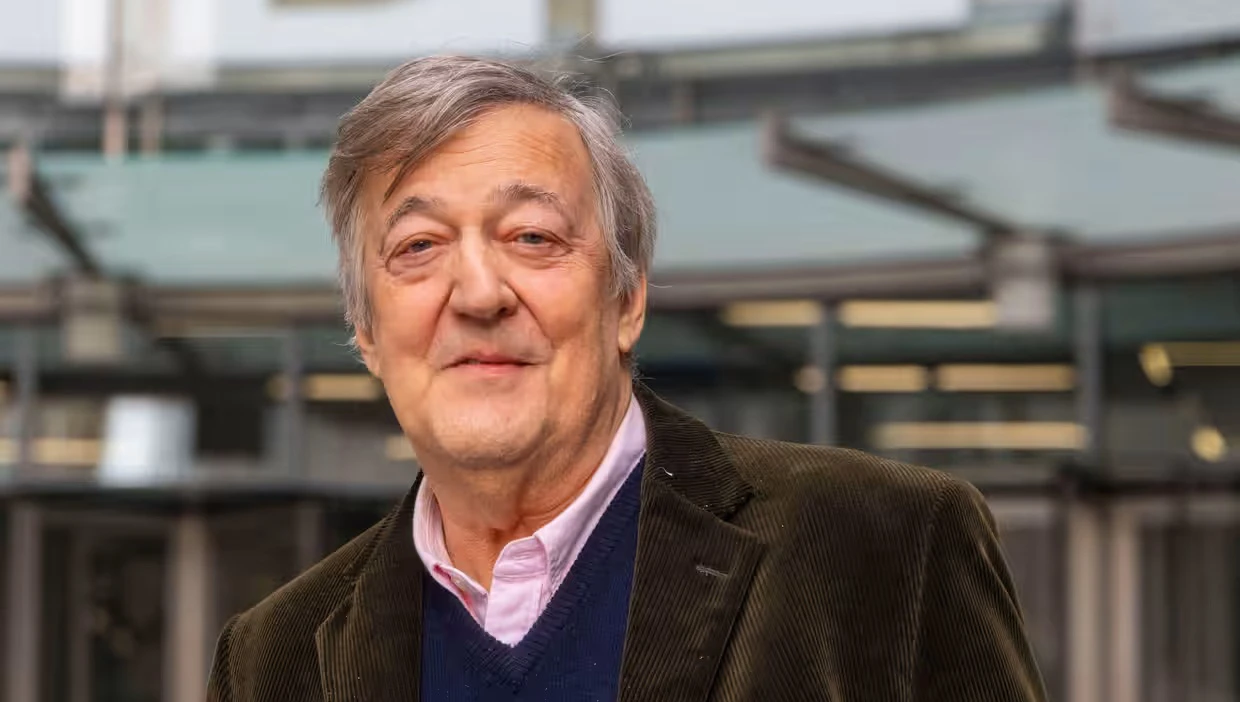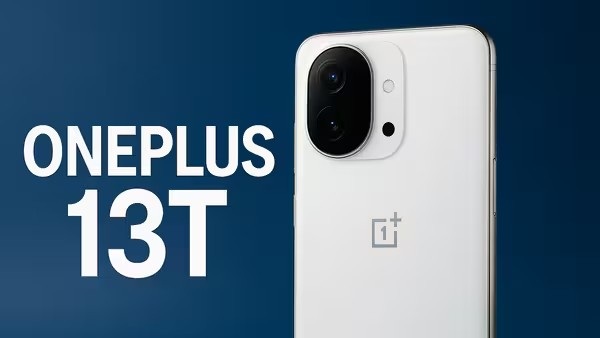In a bold and unexpected move, Elon Musk made a staggering $97.4 billion acquisition offer to take over OpenAI, the creator of ChatGPT. The proposal, which aimed to reshape the future of AI development under Musk’s vision, was officially rejected by OpenAI’s board this week.
This attempted acquisition, one of the largest tech bids in recent history, has sparked intense debate across the tech and AI communities. Here’s what we know.
The Bid: What Musk Proposed
Elon Musk, who co-founded OpenAI in 2015 but stepped away in 2018, made a direct approach to acquire full ownership of the company. His offer included:
-
A $97.4 billion valuation — well above recent internal estimates
-
A plan to open-source key components of GPT-4 and future models
-
A restructuring that would align OpenAI more closely with xAI, his current AI venture
-
Pledges to increase transparency, reduce monetization pressure, and accelerate AGI research
Sources close to the negotiation suggest that Musk saw OpenAI’s current trajectory as “too aligned with corporate interests,” particularly Microsoft, which holds a multi-billion dollar partnership with the organization.
Why OpenAI Said No
Despite the enormous sum, OpenAI’s board rejected the offer due to:
-
Conflict of Interest: Musk now leads xAI, a direct competitor to OpenAI
-
Governance Principles: OpenAI’s nonprofit charter limits acquisition by private individuals
-
Microsoft Partnership: The strategic alliance with Microsoft includes exclusive product integration and cloud infrastructure, which would be threatened by Musk’s control
-
Stability Concerns: Internal sources suggest that employees and partners were concerned about potential disruption under Musk’s leadership style
OpenAI CEO Sam Altman, though previously close to Musk, reportedly supported the decision to reject the bid, citing the need to “stay independent, mission-driven, and focused on AI for humanity.”
What This Means for the AI Industry
This failed acquisition attempt sends a clear signal to the industry: the race to control AI is intensifying.
-
OpenAI remains independent, but pressure from Big Tech and billionaire figures continues
-
Musk’s xAI and Grok will likely accelerate their efforts to compete with ChatGPT and Claude
-
Expect more attempts at mergers, partnerships, and power moves as AGI inches closer
-
Regulatory bodies may start scrutinizing how AI power is concentrated globally
This development underscores a growing battle for dominance in the artificial general intelligence (AGI) era—and it’s only heating up.
What’s Next for Elon Musk and xAI?
Elon Musk has made it clear that he’s not backing down. Shortly after the rejection, Musk tweeted:
“AI must remain open and aligned with humanity, not controlled by corporations.”
His company xAI recently open-sourced its Grok chatbot model, and is reportedly working on a GPT-5 rival designed to be fully transparent and integrated into X (formerly Twitter).
Insiders hint that xAI could soon announce a major hardware partnership to boost training capacity—possibly in competition with Microsoft Azure and Google Cloud.

